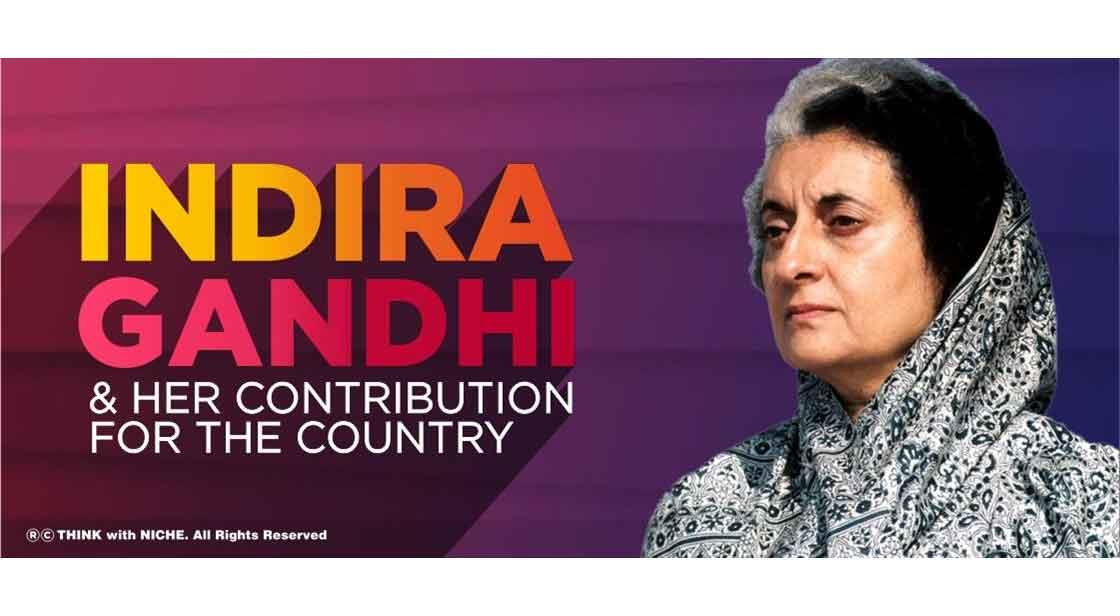Indira Gandhi and her contribution for the country
Indira Gandhi, daughter of India’s first Prime Minister, Jawaharlal Nehru, was the 3rd PM, and the first and only female prime minister of India. She was undermined by many, as she was a woman running the cabinet of male ministers but her boldness and strategical decision making made people realise her potential. She had contributed majorly to the development of the country.
Biography of Indira Gandhi
Indira Gandhi's early life and upbringing heavily influenced her political career. Born on November 19, 1917, in Allahabad, she witnessed firsthand the struggle for Indian independence and the sacrifices made by her father Jawaharlal Nehru and other freedom fighters. Her education, both in India and abroad, broadened her horizons and nurtured her passion for social justice.
Growing up in a household deeply involved in the struggle for Indian independence, Indira Gandhi was exposed to the fervor and sacrifices of her father and other freedom fighters. This upbringing instilled in her a strong sense of patriotism and an unwavering commitment to the welfare of the nation.
Indira Gandhi's education played a crucial role in shaping her worldview and nurturing her passion for social justice. She received her early education at the Modern School in Delhi, where she imbibed progressive ideas and imprinted her leadership qualities. Later, she pursued higher education at the University of Oxford in England, where she developed a deeper understanding of international affairs and politics. These formative years broadened her horizons and equipped her with the knowledge and skills necessary for her future political endeavors.
Married to Feroze Gandhi, a journalist and political activist, Indira Gandhi faced numerous challenges as a woman in a male-dominated political landscape. However, she defied societal expectations and emerged as a charismatic and influential leader in her own right.
Indira Gandhi's political career gained momentum when she joined the Indian National Congress party, which played a pivotal role in the struggle for independence. Under the guidance of her father, she quickly rose through the ranks and became an integral part of the party's leadership. Her sharp intellect, strong determination, and excellent organizational skills earned her respect and admiration within the party.
To Read This Full ARTICLE, Click Here



